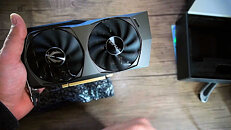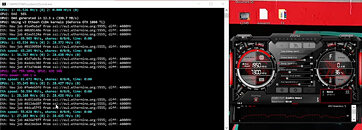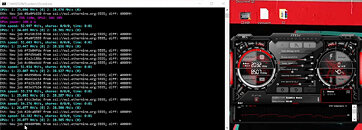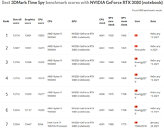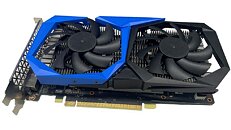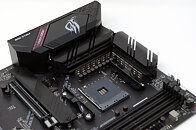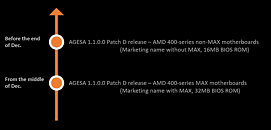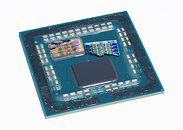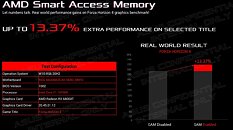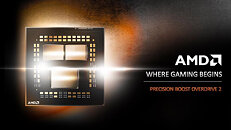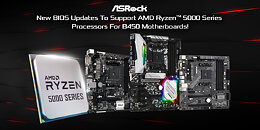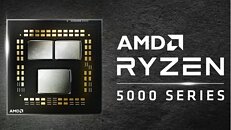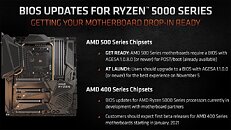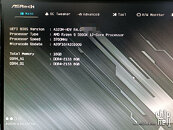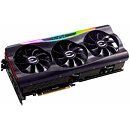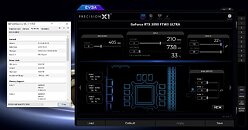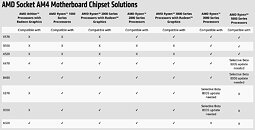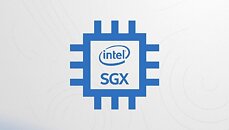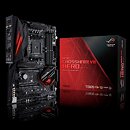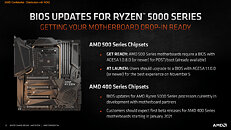
GALAX GeForce RTX 3090 Hall Of Fame (HOF) Edition GPU Benched with Custom 1000 W vBIOS
GALAX, the maker of the popular premium Hall Of Fame (HOF) edition of graphics cards, has recently announced its GeForce RTX 3090 HOF Edition GPU. Designed for extreme overclocking purposes, the card is made with a 12 layer PCB, 26 phase VRM power delivery configuration, and three 8-pin power connectors. Today, we have managed to get the first comprehensive review of the card by a Chinese YouTube channel 二斤自制. However, this wasn't just regular testing being conducted on a card with factory settings. The channel has applied 1000 Watt vBIOS to the GPU and ran it all on the air cooler the GPU comes with.
In the default 420 Watt setting, the card has been running with a GPU clock of 1845 MHz and a temperature of 69 degrees Celsius. However, when the 1000 Watt vBIOS was applied to the card, the GPU core has managed to ramp to 2000 MHz and consume as much as 630 W of power. If you were wondering if the stock cooler was able to handle it all, the answer is yes. The card has reached a toasty 96 C temperature. While GALAX doesn't offer BIOS like this, the ID of the BIOS corresponds to that of a custom XOC 1000 W BIOS for EVGA Kingpin GeForce RTX 3090 GPU, which you can find in our database. When it comes to performance, the gains were very minimal at only 2-3%. That must have been due to the insufficient cooling, and the card could have done much better on water or LN2. The Firestrike Ultra and Firestrike Extreme results are displayed below.
In the default 420 Watt setting, the card has been running with a GPU clock of 1845 MHz and a temperature of 69 degrees Celsius. However, when the 1000 Watt vBIOS was applied to the card, the GPU core has managed to ramp to 2000 MHz and consume as much as 630 W of power. If you were wondering if the stock cooler was able to handle it all, the answer is yes. The card has reached a toasty 96 C temperature. While GALAX doesn't offer BIOS like this, the ID of the BIOS corresponds to that of a custom XOC 1000 W BIOS for EVGA Kingpin GeForce RTX 3090 GPU, which you can find in our database. When it comes to performance, the gains were very minimal at only 2-3%. That must have been due to the insufficient cooling, and the card could have done much better on water or LN2. The Firestrike Ultra and Firestrike Extreme results are displayed below.






